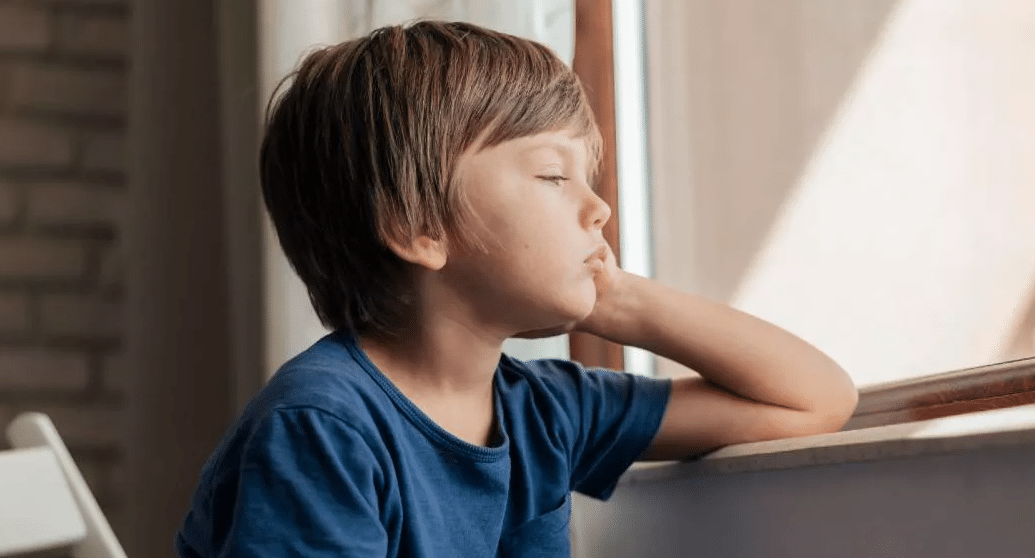Navigating Childhood Neurological Disorders: Insights from a Pediatric Neurologist

Navigating childhood neurological disorders can be a challenging journey for both parents and children alike. As a pediatric neurologist in Vijayawada, I’ve dedicated my career to understanding and treating these complex conditions. In this comprehensive guide, we’ll explore the world of pediatric neurology, providing insights, guidance, and support for families facing these challenges.
Introduction
Welcome to the world of pediatric neurology, where we embark on a journey to understand and address the unique challenges faced by children with neurological disorders. As a pediatric neurologist in Vijayawada, I am passionate about providing insights and support to families navigating these conditions.
Understanding Childhood Neurological Disorders
Pediatric neurological disorders encompass a wide range of conditions that affect the brain, spinal cord, and nerves in children. From epilepsy and cerebral palsy to developmental delays and autism spectrum disorders, each disorder presents its own set of challenges and complexities.
Signs and Symptoms of Common Neurological Disorders
Recognizing the signs and symptoms of common neurological disorders is essential for early intervention and treatment. Symptoms may vary depending on the specific disorder but can include seizures, developmental delays, movement disorders, sensory issues, and cognitive impairments.
Diagnosis and Evaluation
Diagnosing pediatric neurological disorders often requires a comprehensive evaluation, including medical history, physical examination, and diagnostic tests such as EEG, MRI, and genetic testing. A thorough evaluation is crucial for accurate diagnosis and treatment planning.
Treatment Options
Treatment for pediatric neurological disorders varies depending on the specific condition and individual needs of the child. Options may include medications, therapy (physical, occupational, speech), dietary interventions, surgical procedures, and alternative therapies.
Coping Strategies for Families
Coping with a child’s neurological disorder can be emotionally and physically taxing for families. It’s essential to prioritize self-care, seek support from healthcare professionals and support groups, maintain open communication, and advocate for your child’s needs.
Support Resources for Families
Families navigating childhood neurological disorders can benefit from a variety of support resources, including educational materials, community organizations, online forums, and local support groups. These resources provide valuable information, peer support, and guidance for families facing similar challenges.
Conclusion
Navigating childhood neurological disorders requires patience, resilience, and support. By understanding the signs and symptoms, seeking early intervention, exploring treatment options, and accessing support resources, families can navigate this journey with confidence and hope for a brighter future for their children.
Recent Post
-
Unlocking the Mysteries of the Developing Brain
-
Navigating Childhood Neurological Disorders: Insights from a Pediatric Neurologist
-
Understanding Digestive Health: 5 Most Common Digestive Disorders in Kids
-
Expert Pediatric Care by Dr. Rohit Kiran in Vijayawada | Trusted Pediatrician
-
Comprehensive Guide to Pediatric Pulmonology and Allergy Care for Children
-
Children’s Mental and Physical Health on screen time
-
Genetic Testing for Pediatric Neurological Conditions
-
Sleep Hygiene Tips for Children Promoting Quality Sleep in Neurological Disorders
-
Unlocking the Spectrum: Understanding and Nurturing Autism Spectrum Disorders
-
Childhood Strokes - Risk Factors and Prevention Strategies
-
Diagnosis and Therapeutic Approaches for Autism Spectrum Disorders
-
Early intervention for children with motor delays
-
Nutrition's Profound Impact on Child Brain Development: A Guide for Parents
-
The Role of Genetics in Pediatric Neurology
-
Managing Sleep Disorders in Children with Neurological Conditions
-
The Importance of Early Intervention for Children with Neurological Disorders
-
Treating Pediatric Migraines: Medications and Alternative Therapies
-
Understanding the Different Types of Pediatric Seizures
-
The Role of Genetics in Pediatric Neurological Disorders
-
8 Ways to Strengthen Executive Functions in Children With Autism
Frequently Asked Questions (FAQs)
Some of the most common neurological disorders in children include epilepsy, cerebral palsy, autism spectrum disorders, attention-deficit/hyperactivity disorder (ADHD), and developmental delays.
Diagnosis of pediatric neurological disorders typically involves a combination of medical history, physical examination, and diagnostic tests such as EEG, MRI, and genetic testing.
Treatment options for pediatric neurological disorders may include medications, therapy (physical, occupational, speech), dietary interventions, surgical procedures, and alternative therapies.
Families can cope with the challenges of childhood neurological disorders by prioritizing self-care, seeking support from healthcare professionals and support groups, maintaining open communication, and advocating for their child’s needs.
Families can find support resources for childhood neurological disorders through educational materials, community organizations, online forums, and local support groups dedicated to pediatric neurology.
